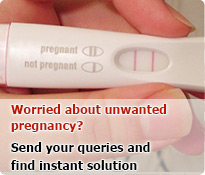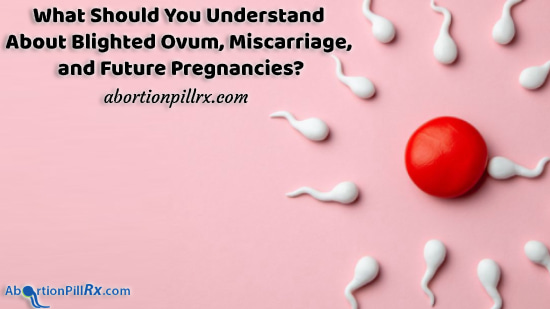Recently updated on February 15th, 2023 at 07:51 am
What is known as a blighted ovum?
A blighted ovum is known as an implanted egg that embeds itself in the uterus but doesn’t convert into an embryo. The embryonic sac and placenta form, but stays empty. There’s no developing baby. It’s also known as anembryonic pregnancy or anembryonic gestation. Even though there is no fetus, the placenta still produces hCG (human chorionic gonadotropin). This is a hormone that supports pregnancy. Urine and blood reproduction analyses look for hCG, therefore blighted ovum can exhibit a positive pregnancy even though the pregnancy is not proceeding. One may also experience symptoms such as nausea, sore breast, vomiting, etc. A blighted ovum finally leads to a natural miscarriage and It’s not capable to develop into a viable pregnancy.
What are the expected symptoms?
In some cases, a blighted ovum ends before you recognize you’re pregnant. When this happens, you may just consider it as if you are having a heavier menstrual period. A blighted ovum may have symptoms such as:
- Painful breasts
- A positive pregnancy test
- A missed period
As the pregnancy ends, its signs can include similar to those of miscarriage such as:
- Abdominal cramping
- Vaginal bleeding or spotting
- The disappearance of breast soreness
Pregnancy analysis includes hCG levels, so a blighted ovum can proceed to result in positive test outcomes before the membranes are passed.
What are its causes?
This situation is not caused by anything before your pregnancy the exact cause of chromosomal abnormalities occurring within the implanted egg. This may be the outcome of poor-quality eggs, sperm, or genetics. The blighted ovum can be connected to malformations within chromosome 9. If you have continually blighted ovum pregnancies then you should consult your medical practitioner regarding a chromosomal analysis of your fetus.
You can be signed at a higher risk of blighted ovum than other populations if your companion is biologically similar to you.
A blighted ovum can take place so early that it continues unrecognized. However many ladies who experience an analysis of this disease continue to have a successful healthy pregnancies. It’s not obvious if damaged ovum happens most typically in the 1st time pregnancies or if they sometimes happen more than once. Most women who experience blighted ovum continue to have successful gestation and healthy child.
Does any complication occur with future pregnancies?
Just like miscarriage or abortion, your emotional well-being and body need time to recover. It’s necessary to remember that most women who go through a blighted ovum go on to experience a successful pregnancy.
You and your medical practitioner can discuss how prolonged you should expect before deciding to conceive again. It’s generally recommended that you pause for 3 complete menstrual cycles so that your physique has sufficient time to recover fully and is able to sustain a pregnancy. Throughout this period, focus on maintaining a healthy lifestyle habit for your mental health and your body such as;
- Exercising
- Eating well
- Avoid stress
- Regular intake of prenatal supplement that comprises folate, etc.



